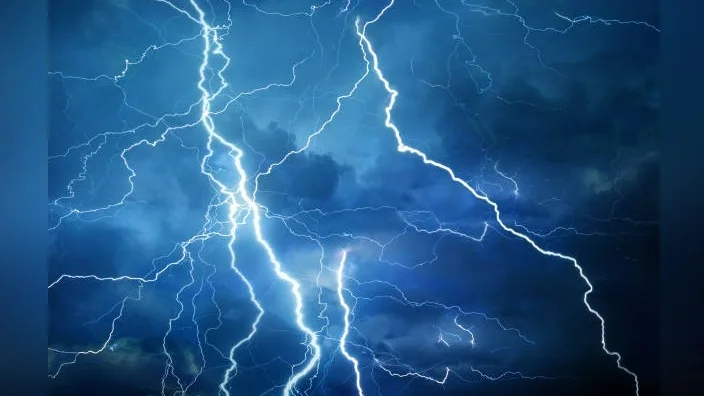OSV News recently conducted an interview with Felix Corley, a researcher from Forum 18, regarding the state of religious freedom in Russia, Belarus, occupied Ukraine, and other nations in the region. Forum 18 is a news service that collaborates with the Norwegian Helsinki Committee to defend freedom of religion, thought, and conscience.
Corley noted that "the situation is getting worse in many or most of the countries" covered by his research. He highlighted specific concerns in central Asian countries like Turkmenistan and Azerbaijan, as well as Belarus. The situation in Russia is also becoming more restrictive due to new laws targeting religious communities.
In occupied Ukraine, Corley described a "lawless atmosphere" similar to war zones or unstable regions. In Kyrgyzstan, there is apprehension about a law under consideration that would tighten restrictions on religious communities unable to gather 500 adult citizens. Catholics have expressed concerns about this law's implications for forming religious communities and re-registration requirements every ten years.
Russia's Federal Assembly is considering a law that would ban religious meetings in private homes. Although its support within the government remains unclear, it adds to existing restrictions on religious communities.
Belarus has seen increased control over religious communities following a new law enacted earlier in 2024. Catholics face challenges during their re-registration process amid fears of repercussions if they upset the regime.
Corley attributed these restrictions to authoritarian regimes' desire for control over any activities not directly managed by them. He explained that these governments prefer elaborate registration systems and laws that can be used against people when needed.
He suggested that these practices may stem from Soviet-era legalistic traditions where laws served as tools for state control without objective standards or rule of law.
Despite these challenges, Corley emphasized that information about violations of religious freedom is available internationally for those interested. He urged believers and concerned individuals to share information publicly and express concern through governmental channels and intergovernmental organizations like OSCE or the United Nations.
Gina Christian contributed to this report as a multimedia reporter for OSV News.
 Alerts Sign-up
Alerts Sign-up






